Blog
-
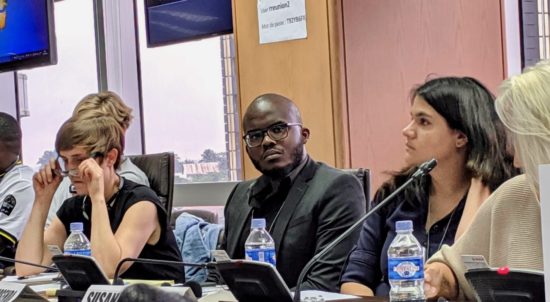 2 July 2019
2 July 2019Abidjan Meetings on Accountability in International Finance
Last week, members of Accountability Counsel’s Communities, Policy, and Research teams attended a series of meetings in Abidjan, Côte d’Ivoire centered around international finance institutions and their accountability offices, also known as independent accountability mechanisms (IAMs). -
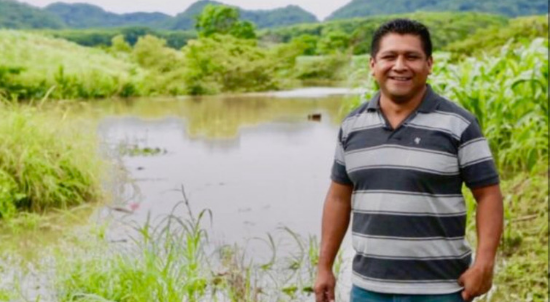 5 June 2019
5 June 2019Una Conversación con Gabino Vicente: Prevención del Daño Ambiental en el Desarrollo Internacional
En celebración del Día Mundial del Medio Ambiente, Accountability Counsel habló con Gabino Vicente, un líder de la comunidad indígena Chinanteco en Oaxaca, México, quien tomó medidas para garantizar la protección de un arroyo que estaba amenazado por el proyecto hidroeléctrico Cerro de Oro, financiado internacionalmente. -
 5 June 2019
5 June 2019A Conversation with Gabino Vicente: Preventing Environmental Harm in International Development
In celebration of World Environment Day, Accountability Counsel spoke to Gabino Vicente, a Chinanteco Indigenous community leader in Oaxaca, Mexico who took action to ensure protection of a freshwater creek that was threatened by the internationally-financed Cerro de Oro hydroelectric project. -
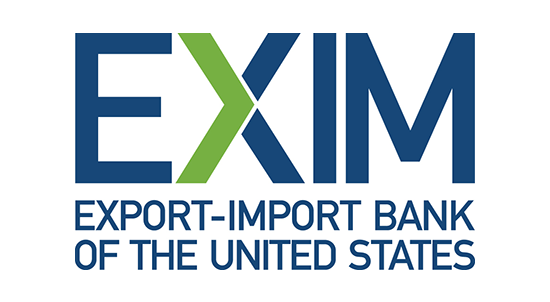 20 May 2019
20 May 2019U.S. Senate Restores EXIM Bank’s Financing Capacities, EXIM Board Must Prioritize Accountability Moving Forward
For the first time in nearly four years, the U.S. Export-Import Bank (EXIM) has the ability to make deals over $10 million following the confirmation of three EXIM board nominees this month. As this renewed spending power opens the door for EXIM to support larger – and potentially riskier – projects, the export credit agency needs a strong accountability framework to minimize those risks and effectively address harm when it occurs. -
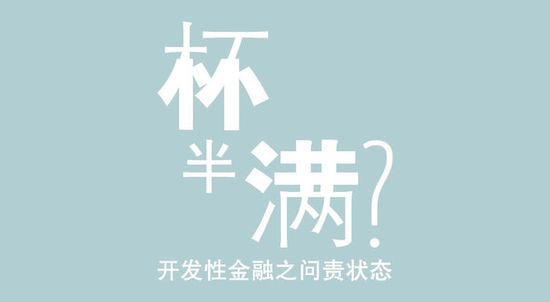 16 May 2019
16 May 2019New Mandarin Chinese Translation of Glass Half Full, The Seminal Report on Accountability in Development Finance
In 2016, Accountability Counsel worked collaboratively with 10 other civil society organizations to evaluate how the accountability system for development finance is – and is not – working. The result of this major research project was Glass Half Full? The State of Accountability in Development Finance. We are pleased to share the Mandarin Chinese version for the first time today. -
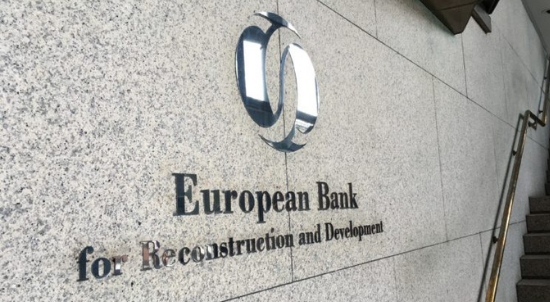 9 May 2019
9 May 2019Press Release: European Development Bank Significantly Strengthens its Grievance Mechanism – Reformed Mechanism Now More Independent
Civil society organizations welcomed the new grievance mechanism policy for the London-based European Bank for Reconstruction and Development (EBRD). Most development banks have a grievance mechanism, also known as an independent accountability mechanism, to receive complaints from people harmed by activities they finance. Once operational, the new Independent Project Accountability Mechanism (IPAM)—which will replace the EBRD’s current grievance mechanism, the Project Complaint Mechanism—will be removed from the operational structure of the bank and have senior-level leadership and a direct reporting line to the bank’s Board of Directors. -
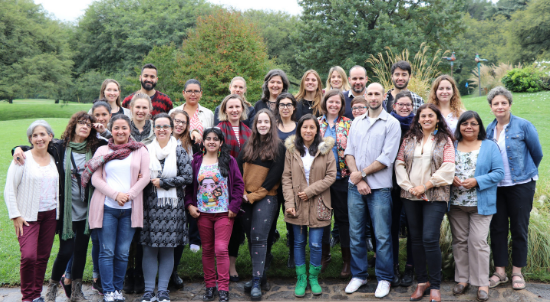 3 May 2019
3 May 2019Reflections on the IAWG 2019 Annual Retreat
Last week, we joined civil society groups from around the world in Córdoba, Argentina for the International Advocates’ Working Group (IAWG) 2019 Annual Retreat. This year’s retreat, hosted by FUNDEPS, brought together over 30 advocates working to support communities to defend their human rights and environment. -
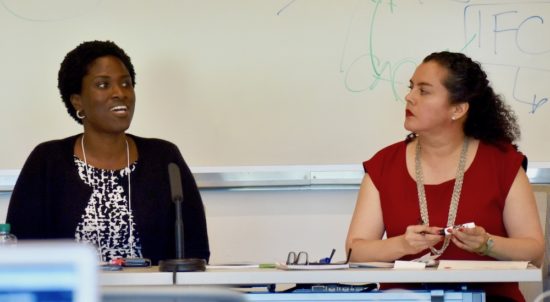 2 May 2019
2 May 2019Working Together for Corporate Accountability: 2019 ICAR Annual Meeting Recap
Accountability Counsel’s Policy team joined a diverse group of organizations working to ensure that corporations act responsibly and transparently, and provide remedy for harm tied to their activities, for the International Corporate Accountability Roundtable (ICAR) annual meeting last week. -
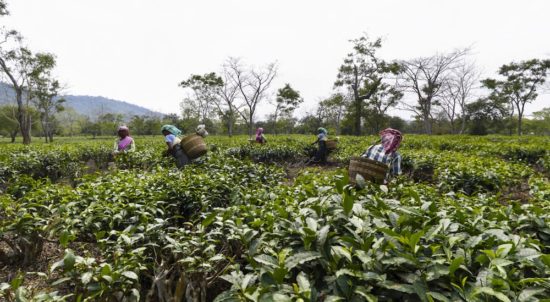 10 April 2019
10 April 2019IFC Commitment to Accountability Will Be Tested in Short Order
We welcome this morning’s statement from International Finance Corporation (IFC) CEO Philippe Le Houérou on accountability, which comes on the heels of the recent U.S. Supreme Court decision to end IFC absolute immunity from lawsuits in U.S. courts and as its accountability system undergoes a review. In order to matter in practice, this statement must transform into immediate IFC action to implement concrete changes and make the institution truly accountable to the people its investments harm. -
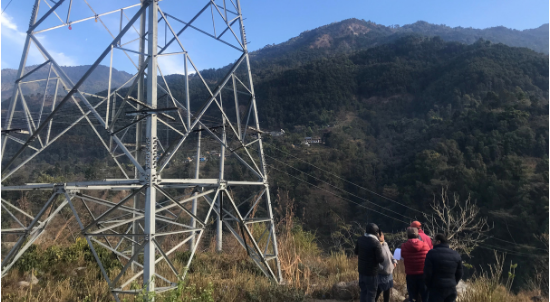 20 March 2019
20 March 2019Press Release: European Union Bank Watchdog Visits Communities in Nepal Concerned About Marsyangdi Transmission Line
The European Investment Bank (EIB)’s independent watchdog – known as the Complaints Mechanism – visited the Lamjung district of Nepal from March 15 to 18, 2019, to hear concerns of communities affected by the EIB-funded 220 kV Marsyangdi Corridor, a high voltage transmission line project which is being implemented by the Nepal Electricity Authority (NEA). -
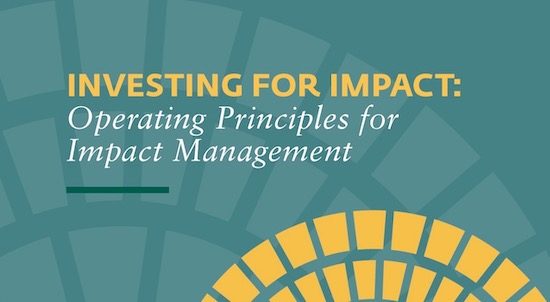 14 March 2019
14 March 2019IFC Publishes Impact Investing Principles
This week, the IFC published the final version of its ‘Impact Investing: Operating Principles for Impact Management’ (the Principles). The Principles are a set of voluntary guidelines for impact investors, touching on impact strategy, assessment, and monitoring. -
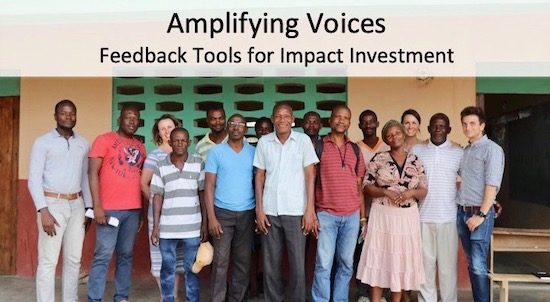 12 March 2019
12 March 2019Accountability Counsel Presents on Community Feedback in Impact Investing for Transform Finance Webinar
Accountability Counsel gave a webinar presentation on incorporating community feedback into impact investments. The presentation, ‘How Community Feedback and Accountability Mechanisms Can Advance the Field of Impact Investing’, is part of a series of webinars hosted by Transform Finance. -
 8 March 2019
8 March 2019Accountability Counsel Submits Joint Comments on EBRD Accountability Mechanism Policy Review
Earlier this week, Accountability Counsel and 24 CSOs submitted joint comments and recommendations on the European Bank for Reconstruction and Development’s (EBRD) accountability mechanism policy review. The joint submission urges the EBRD to build on its draft Project Accountability Policy by retaining the good practices the Project Complaint Mechanism (PCM) already adheres to and addressing the remaining gaps in the policy. -
 6 March 2019
6 March 2019Peer Review Calls for Strengthening of U.S. NCP; Fails to Account for Key Stakeholder Input
As the global business landscape continues to expand and shift, there is a pressing need for corporate accountability in the world. Effective avenues where people can seek remedy for harm caused by businesses are crucial. In the United States, the U.S. National Contact Point (U.S. NCP) is meant to serve as a forum in which people harmed by American companies’ activities and operations can raise grievances. -
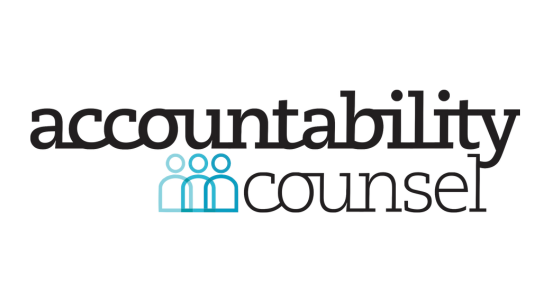 27 February 2019
27 February 2019World Bank Group Absolute Immunity Ends in Landmark U.S. Supreme Court Decision
Today, the United States Supreme Court issued its decision in Jam et al. v. International Finance Corp., a landmark case challenging the World Bank Group’s claim to absolute immunity in a lawsuit brought by fishing communities in India and their lawyers at EarthRights International. In a 7-1 ruling, the justices have ended the International Finance Corporation’s (IFC) absolute immunity from lawsuits in U.S. courts. The immunity upset at the IFC, the private sector arm of the World Bank Group, will have wide-ranging and global implications. -
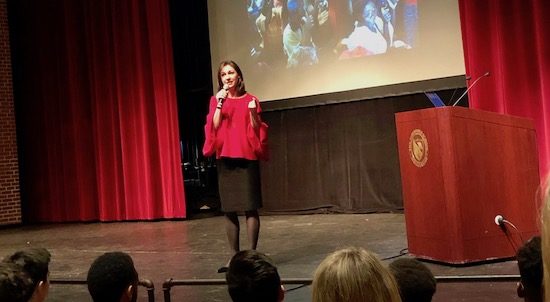 22 February 2019
22 February 2019Sharing Accountability Counsel’s Mission at the Cox Servant Leadership Symposium
Accountability Counsel’s Executive Director Natalie Bridgeman Fields gave the keynote address at the Cox Servant Leadership Symposium at the Haverford School today, sharing Accountability Counsel’s mission and work. The students had engaging follow-on discussions about the interconnectedness of the global economy and how they can leverage their influence to demand greater justice in international finance. -
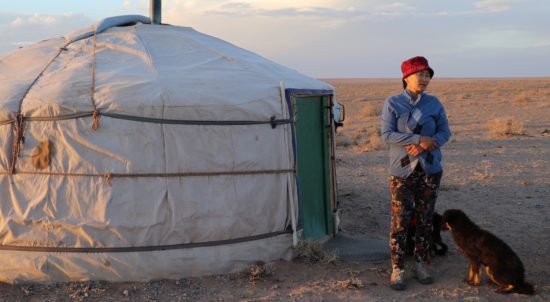 13 February 2019
13 February 2019A Long Road to Remedy
A way forward together. This was the promise made by the Rio Tinto-backed Oyu Tolgoi (OT) copper and gold mine to local herders. Now, after years of false starts and false promises, nomadic herders in Khanbogd soum, in Mongolia’s remote South Gobi, may finally have a way forward with OT. That is the vision offered by the historic agreements reached in May 2017 between herders, OT, and the local soum government. But will the agreements really amount to more than words on paper? We’re working with local herders to move the agreements From Paper to Progress. -
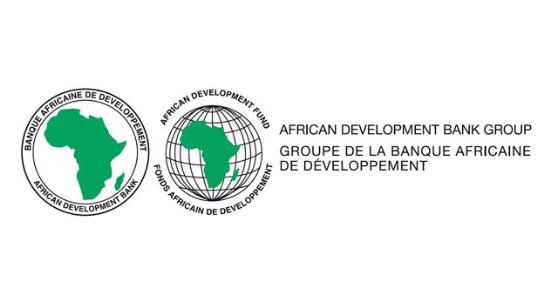 12 February 2019
12 February 2019Accountability Counsel Submits Joint Recommendations to AfDB Board of Directors on the Consultation Process of the IRM Review
Yesterday, Accountability Counsel and 33 global partners submitted a joint letter to the African Development Bank’s (AfDB) Board of Directors, providing recommendations on the consultation process for the upcoming review of the AfDB’s Independent Review Mechanism (IRM). -
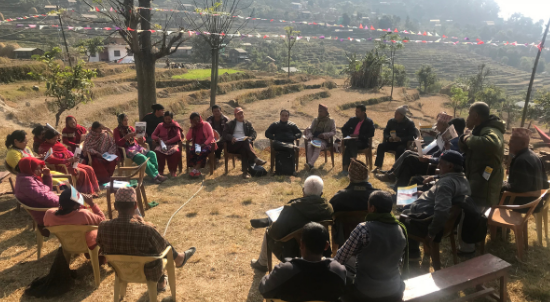 5 February 2019
5 February 2019Gaining Access to Information: The Case of Nepali Communities & The World Bank
In January 2019, after much effort by Nepali communities and civil society organizations, the World Bank released a report in Nepali about preventing and mitigating conflicts related to infrastructure siting in Nepal. This article provides an overview of a two year process over which Nepali communities affected by a World Bank-funded transmission line compelled the Bank to disclose the report, and make it available in the local language of Nepali. -
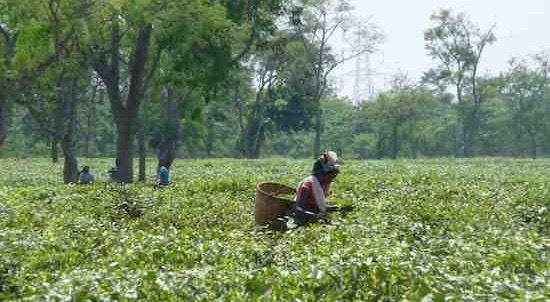 28 January 2019
28 January 2019Press Release: World Bank and Tata Group Must Take Urgent Action to Address Long-Standing Health and Safety Concerns on Their Tea Plantations in India
Today, the World Bank’s independent watchdog, the Compliance Advisor Ombudsman (CAO), released a monitoring report finding that the World Bank has failed to deliver on commitments to address serious health and safety concerns facing the 155,000 people that live and work on tea plantations it owns in India’s Northeast.

